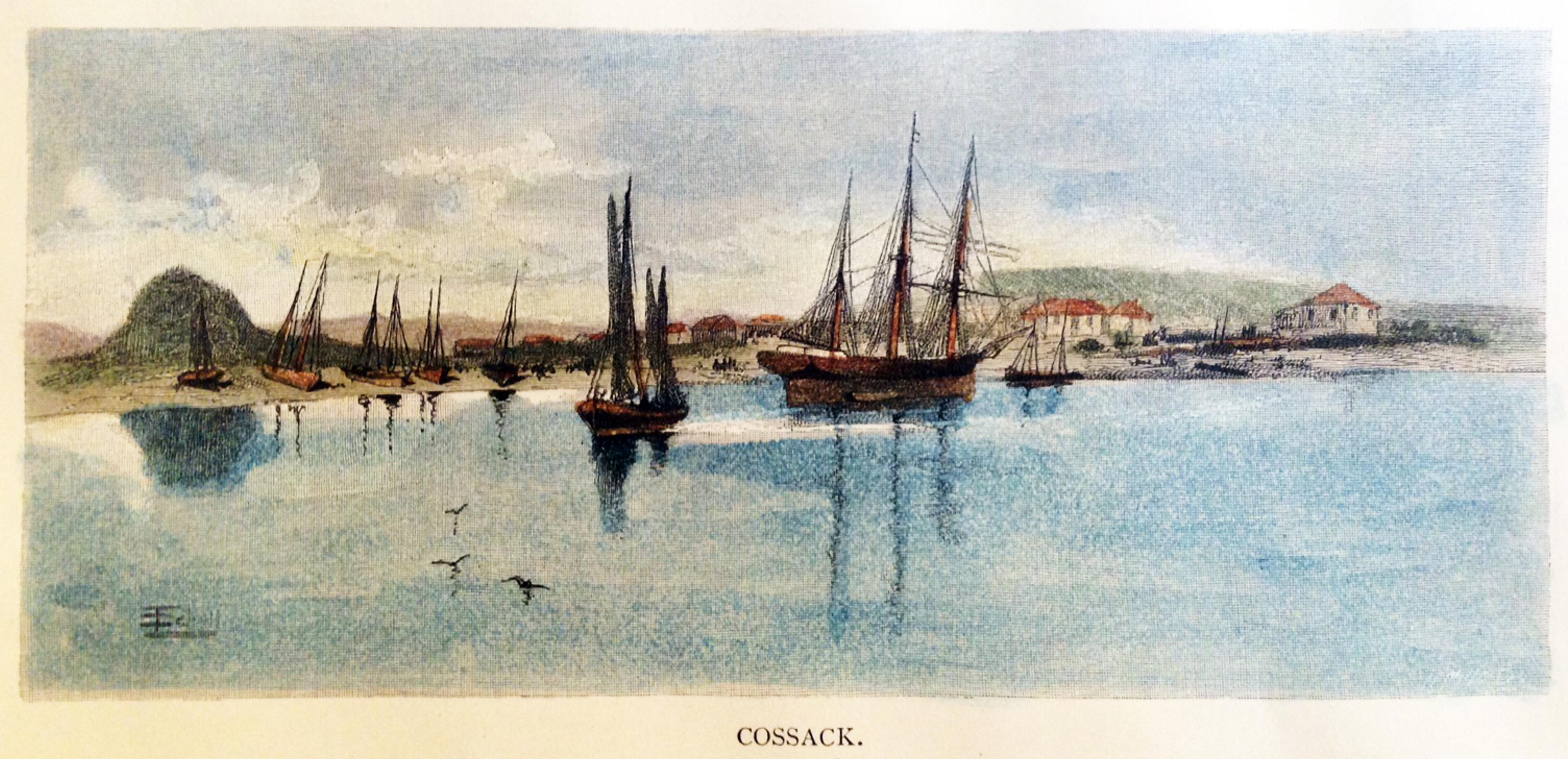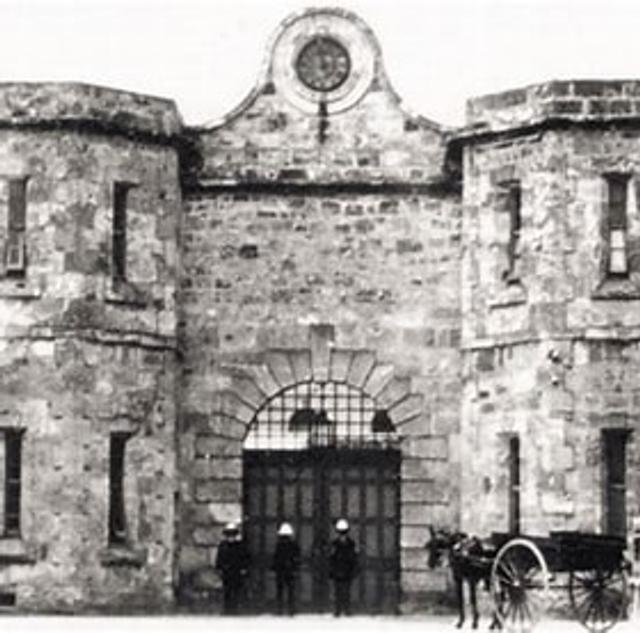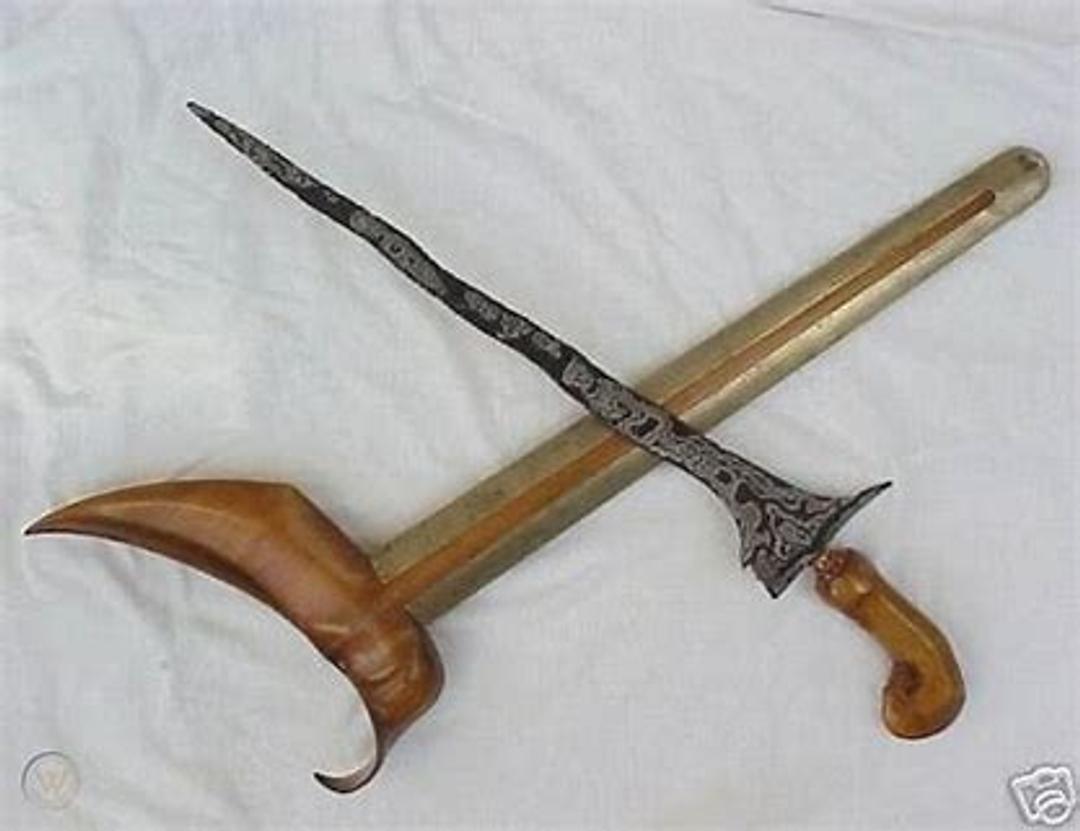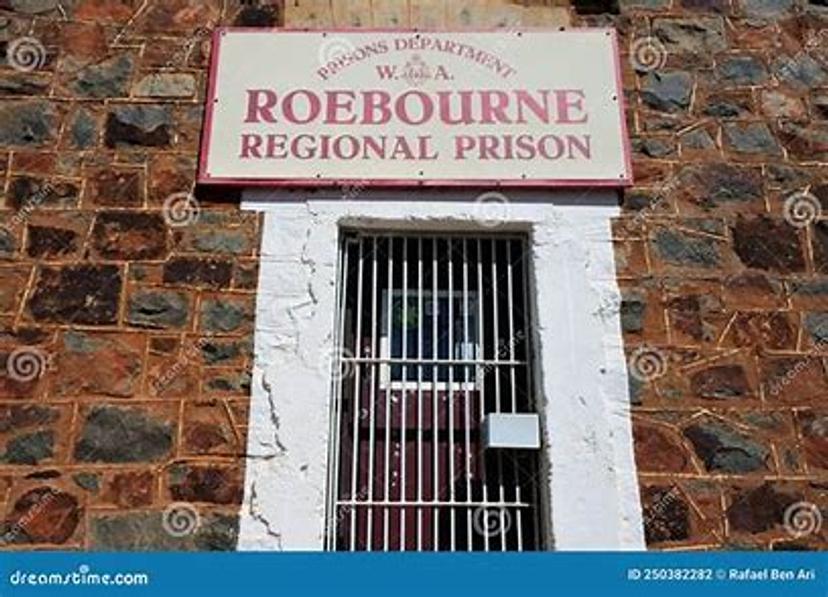Claudius Buchanan Ker
Vessel Name: Dawn
Claudius Buchanan Ker
Murdered aboard by Jimmy Long; buried in Cossack cemetery
7 September 1888




Claudius Buchanan Ker, known as Claude, was born in Busselton on 18 May 1859. His father, Henry Thompson Ker emigrated to WA via the Shepherd. His mother was Dorinda Guerin, who emigrated from the north of England. Henry and Dorinda were married in Vasse in 1841 and settled in the Busselton area. Over the next 14 years they had three sons and two daughters. Claude was the third child. Henry worked the land for the most part; he died when Claude was only six years of age.
Claude’s eldest brother, Robert, became a solicitor in Perth. He died of consumption in 1875 at the age of 22. The second son, Charles worked as a jackaroo, stock hand and pearler in the North West. He died in Roebourne in 1886 at the age of 31. Claude’s mother and two sisters remained in the Vasse area and lived into their 70s. At the time of Claude’s murder, he was 29 years of age and the last male of the family.
Claude passed his certification in his early 20s. He was a popular master and Cossack and Roebourne community member and was known for his honest dealings and fair treatment of his crew. In 1887 he was employed by Willliam Pearse and John McRae to master the Dawn, a 63 ft [19.2 metre] wooden schooner, the mother ship and carrier for a fleet of up to 12 luggers (12 – 15 ft [3.6 – 4.5 metres] with three or four men per lugger). Together with Dawn’s crew Claude was responsible for up to 60 men.
Dawn was built in England and brought to WA’s North West to work in the pearling grounds. She was registered with the official registration number 61094. As the carrier boat for her luggers, she sailed the WA coast frequently between the Lacepedes Islands and Fremantle. She was known for her prowess in taking the most pearl shell and John McRae was renowned for the quality, size and number of pearls he sold. She was also considered a lucky boat, having survived multiple cyclones and various damages over her years of service.
Since 1873, Dawn had sailed to Koepang [Timor] and Malaya for divers. Pearse and McRae’s boats carried Malay crew who worked for a contract period of two years, and then were returned home and replaced with new crew. Dawn had different masters almost annually. Masters and crew were often interchanged between boats in a fleet, to allow for new contracts, leave, retirements and deaths. Pearling was a harsh industry and not all the masters were honest, hardworking, law abiding or fair. [See Karium’s story with more details of the Dawn’s interesting history].
Claude resigned from his position as master of the Dawn on 6 September 1888. He and a friend Mr Canning had decided to try their luck gold prospecting at Mallina, in the rich North West goldfields. Claude had been on shore in Cossack for a week or so before he returned to the Dawn on 7 September to pack his clothes and personal effects from his cabin.
Dawn was anchored with other pearl boats close to shore. When Claude went aboard there were two young boys, an Aboriginal and a Malay, and Jimmy Long, the head serang [foreman] who was more commonly known as Long Jimmy. He was a tall and upright Malayan from Penang, 45 – 50 years, with greying hair, whiskers and beard.
The Malay boy helped Claude to pack and then went to fetch him a cup of tea. It was while Claude was drinking the tea Long Jimmy entered the cabin behind him, grabbed him by the hair and stabbed him with his knife behind his right ear, through the jugular vein and out under the jaw on the left side of the neck. Long Jimmy stabbed Claude three more times including a 1.5” [3.8cm] wound into his left shoulder, piercing the lung and another wound of 2” [5cm] into the right shoulder.
Initially Claude had cried out and the boys ran to his cabin and saw Long Jimmy stabbing him. Long Jimmy threatened to kill the boys, which prompted them to cut the painters [ropes securing a dinghy to the schooner] and jump into a dinghy and row as fast as they could to the shore. Long Jimmy boarded a second dinghy and chased them. He could not catch up to them, and eventually he rowed back to the Dawn and boarded again.
Pearling vessels were required by law to carry alcohol in their medicine chest to use for medicinal purposes when required. Regulations stated boats with Asian crew members were required to carry arrack [liquor made with fermented coconut flowers and rice] in their medicine chest. Long Jimmy found two bottles of arrack in Dawn’s chest and drank both.
Meanwhile the boys had reached the shore and alerted the authorities to the murder they had witnessed. Police immediately set out for the Dawn. Upon boarding they found Long Jimmy lying on the deck insensible from the arrack. His keris [traditional Malay sheath knife] had a blade 8” [20cm] long and 2” [5cm] wide and was covered with blood.
Long Jimmy was easily arrested and taken to Roebourne jail. News travelled fast in the small port, and there was a crowd of onlookers waiting on the shore to see the murderer taken into custody, and Claude’s body carried ashore.
A postmortem was conducted that afternoon. The following day Claude was buried in the European section of the Cossack cemetery. Between 70 and 80 people attended the funeral. His gravesite remains.
Long Jimmy was transported to Roebourne jail to await trial. An inquest began on 10 September presided over by resident magistrate Colonel Angelo. A plea of guilty was entered and a verdict of Wilful Murder was quickly reached. Long Jimmy spoke fluent English and he represented himself in court. He stated he murdered the master because he had been asked to cut a key from a key ring, and when he took too long, the master snatched the keys back and hit him with them.
On 21 January 1989 Long Jimmy was sentenced to the death penalty in a special session of the Supreme Court held at Roebourne. He was transported to Fremantle prison to await execution. In prison Long Jimmy spoke of Claude as a good master who treated him fairly.
There are newspaper reports giving different reasons why Long Jimmy killed Claude Ker. One version said he had been given “fire water” by the boys on the boat and did not know what he was doing. Another newspaper published a story that the master tormented Long Jimmy and was murdered in revenge. The court’s version did not mention these things, and it is possible that during the months in prison incidents and events from Long Jimmy’s time aboard the Dawn were woven into the stories about the murder.
Over time in Fremantle jail three Catholic priests attempted to visit him, but Long Jimmy did not wish to see them. An East Indian prisoner named Hassam who spoke Jawi and practised the Islam faith was permitted frequent visits to Long Jimmy to pray and read with him. He helped Long Jimmy write a letter to send to his parents and sister in Penang explaining he was dead. The letter did not explain how he died.
Long Jimmy was polite to the prison officers and conducted himself in a dignified way throughout his time in prison. He was watched night and day by a warder, the usual practice for a condemned man, and supplied with tobacco and sugar in cell 2 of the refractory cells. When his hanging was imminent, he was moved to a concrete cell close to the gallows. He declined a last meal, choosing only to drink tea.
Several prison staff were present for the hanging, and they included Dr Arthur T. White, the prison medical officer; Superintendent Sam Hope; Principal Warder George; Chief Warder Hall; Warder Townsend and three invited press members. Hassam was present and he and Long Jimmy prayed before the rope and hood were put in place.
Long Jimmy was hanged at 8am on 2 May 1989. Sheriff James Roe was responsible for pulling the lever to drop Long Jimmy. He died quickly, and after 20 minutes his body was removed and placed in a coffin for burial in an unmarked grave in the prison’s grounds. This was the first execution conducted in the Fremantle prison.
At 9am a notice was placed outside the gates, signed by the Sheriff Roe, Dr White and Superintendent Hope, stating the execution of Jimmy Long had taken place that morning. An inquest was conducted at 9.30am, presided over by resident magistrate Fairbairn, with a jury of three: Messrs. Bennett, W. H. Albert and C. Barr. The superintendent confirmed he had received Long Jimmy as a prisoner with a death sentence and had duly carried out the sentence. The jury returned the verdict of death by execution according to the law.
